WWF Bulgaria is launching an information campaign on social media, aiming to raise public awareness regarding proper behavior when encountering a bear – both in populated areas and in the wild. The conservation organization will explain key rules for action in such encounters, as well as information about the institutions to which citizens can report problematic or injured bears. The campaign will also debunk common misconceptions related to these emblematic animals.
The initiative is part of the international Forest Connect project, implemented within the framework of the Interreg Danube Region program and co-financed by the European Union. Project partners emphasize the importance of ensuring connectivity of the migration corridors of large predators – a key factor for the health and sustainability of forest ecosystems. The campaign focuses attention not only on bears, but also on two other characteristic predators for the region: the wolf and the lynx.
Currently, against the backdrop of active activity, tension can be observed in society. People are concerned about their own safety, and sometimes about the protection of domestic animals.
Human activity continues to have a significant impact on bear populations. The interruption of migration corridors due to infrastructure projects and unsustainable agricultural practices, extreme manifestations of climate leading to a reduction in food resources and hindering hibernation, as well as the increased contacts with people, provoked by the search for food, are among the main factors. Conflicts with people, arising due to attacks on domestic animals or apiaries, sometimes lead to self-righteousness with the bears, although they are a strictly protected species and their killing is a crime.
WWF reminds that the protection of bears is not just a legal obligation, but a key factor for the well-being of people and ecological balance. For example, bears, consuming wild fruits, disperse their seeds, thus contributing to the genetic diversity of plant species. In the spring, when food is scarce, they feed on animals that died during the winter, helping to limit the spread of dangerous diseases, including African swine fever. The brown bear is an "umbrella" species, whose protection indirectly ensures the protection of many other species in the same ecosystem.
Alexander Dutzov, biologist and senior expert in "Species Conservation" at WWF Bulgaria, emphasizes that the aim of the campaign is to encourage a rethinking of our relationship with nature. He adds that bears come down to populated areas due to problems caused by human activity, such as improper waste management, illegal dumping of garbage, breeding meat breeds in large and unprotected areas, and others. Protecting large predators, therefore, means protecting ourselves, the expert emphasizes.
Within the next few weeks, the WWF team plans to conduct field surveys in certain critical sections of the ecological corridor in the Iskar Gorge. The aim is to find traces of bears and other large mammals, to confirm the use and significance of the corridor and to ensure its protection. A meeting with interested parties and competent authorities is also forthcoming, at which a strategic action plan will be presented.
WWF calls on citizens to follow the campaign on the organization's social media – Facebook, Instagram, YouTube and LinkedIn – and to share the information. In recent months, there has been an increase in cases of bears entering populated areas, which inevitably causes fear and anxiety among people. In some cases, there is damage to agricultural property and domestic animals, the conservation organization points out. The most affected are the settlements in the regions of Gabrovo, Lovech and Smolyan.
Nada Tosheva, head of the "Protected Species" program at WWF Bulgaria, comments that one of the main reasons for bears coming down to populated areas is the lack of enough food in the forest areas. She recalls that between 70 and 90% of the bears' food in Bulgaria is of plant origin. The early frosts this spring, for example, have destroyed the fruit trees, from which the bears feed. The year is not good for acorns either, which are also part of their diet. A warm or unstable winter with variable temperatures is expected, which may lead to a lack of hibernation. Tosheva emphasizes that hibernation is not mandatory, but a way to save energy during periods of food shortage. If the weather is favorable, the bears will continue to look for food. They know that there is corn in the feeders for deer and wild boars, and around the villages there is accessible waste. WWF Bulgaria calls on citizens who notice a bear to first call 112 or contact the relevant regional environmental inspection or the directorate of a national park.
Observations of bears, including through photo traps, often create the impression that they are everywhere and their number is increasing, but there is actually a lack of accurate data on their total number, the organization reminds. The bear population in Bulgaria is considered relatively stable – around 700-900 individuals. Before the development of modern technological means of observation, they were much more difficult to find. Accurate population data will be obtained after the completion of the first genetic monitoring in Bulgaria, which will be held next year by the Executive Environment Agency.
You may also like
 Bulgaria's Nomination of Yogurt to UNESCO: Brand and Wellness
Bulgaria's Nomination of Yogurt to UNESCO: Brand and Wellness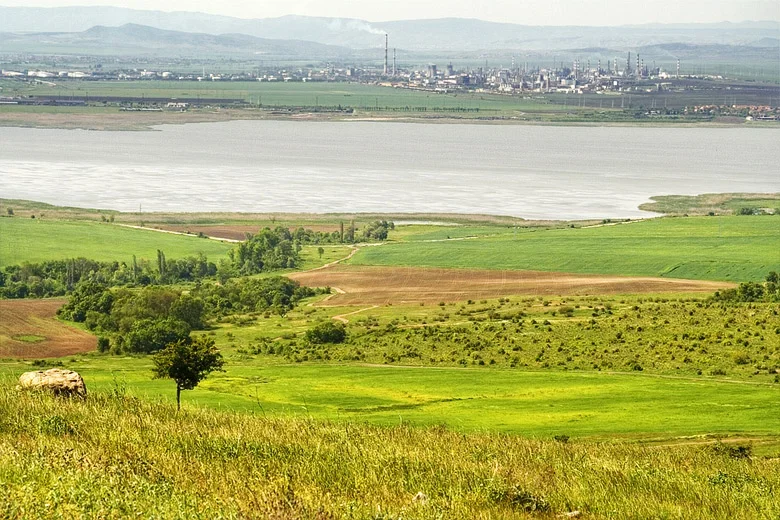 Student Competition "The Wisdom of Wetlands" from BFB for the Burgas Lakes
Student Competition "The Wisdom of Wetlands" from BFB for the Burgas Lakes Flu epidemic in Burgas and other regions: What measures are being introduced?
Flu epidemic in Burgas and other regions: What measures are being introduced?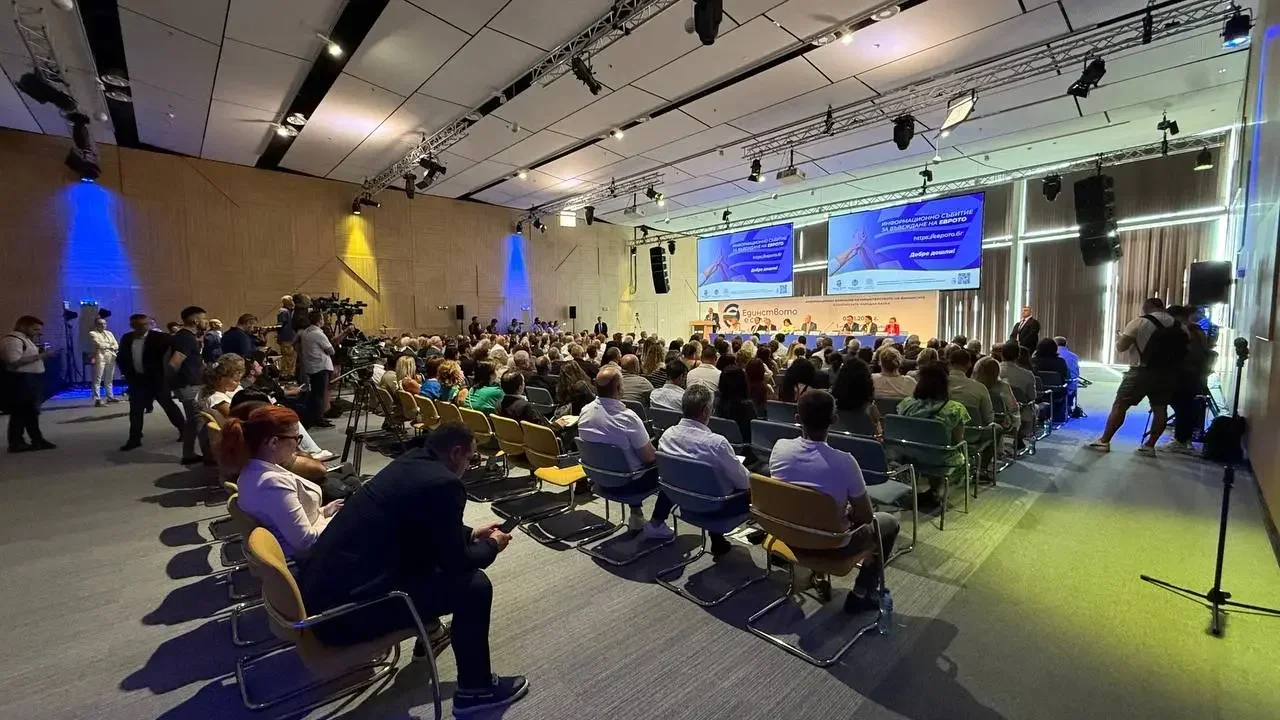 BTA Partners with European SPA Association Congress in Varna: Health Tourism in Focus
BTA Partners with European SPA Association Congress in Varna: Health Tourism in Focus
In May, the Ministry of Environment announced the start of the first DNA monitoring of the brown bear in Bulgaria. The project is implemented jointly with the Executive Environment Agency, forestry enterprises and national parks and is funded by the "Environment 2021-2027" Program. The DNA method is the most modern way to monitor and determine the number of a given species.

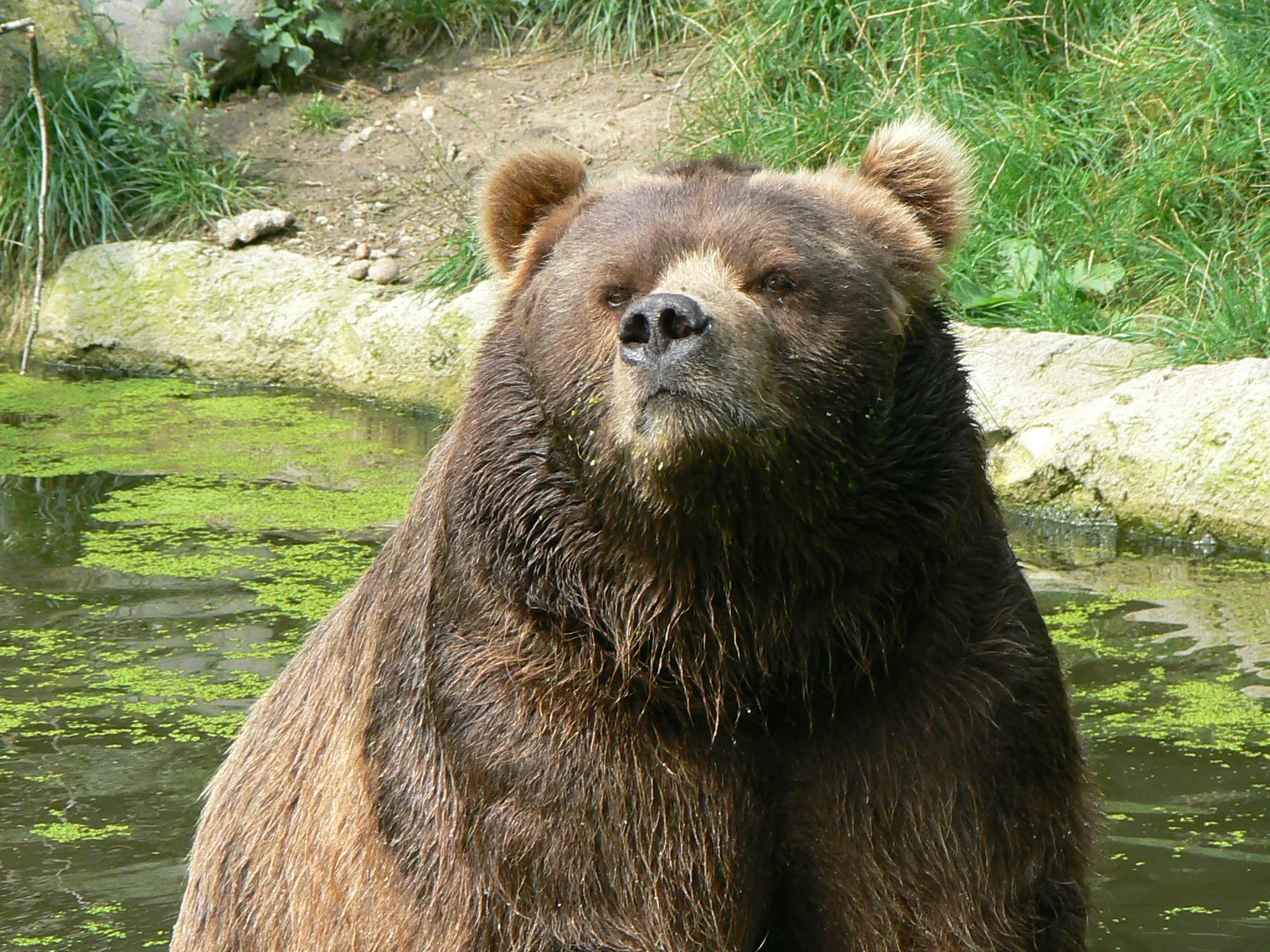
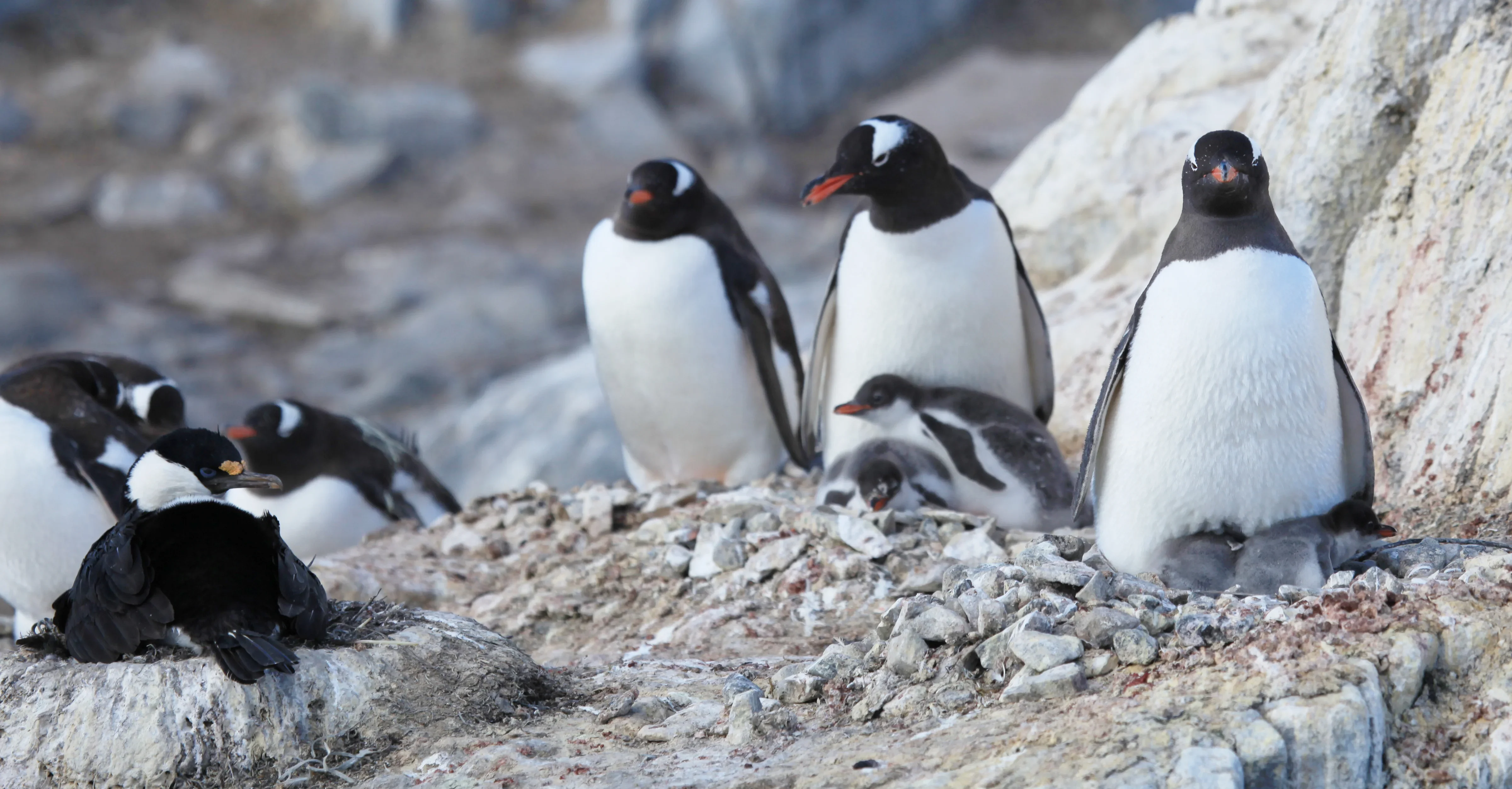
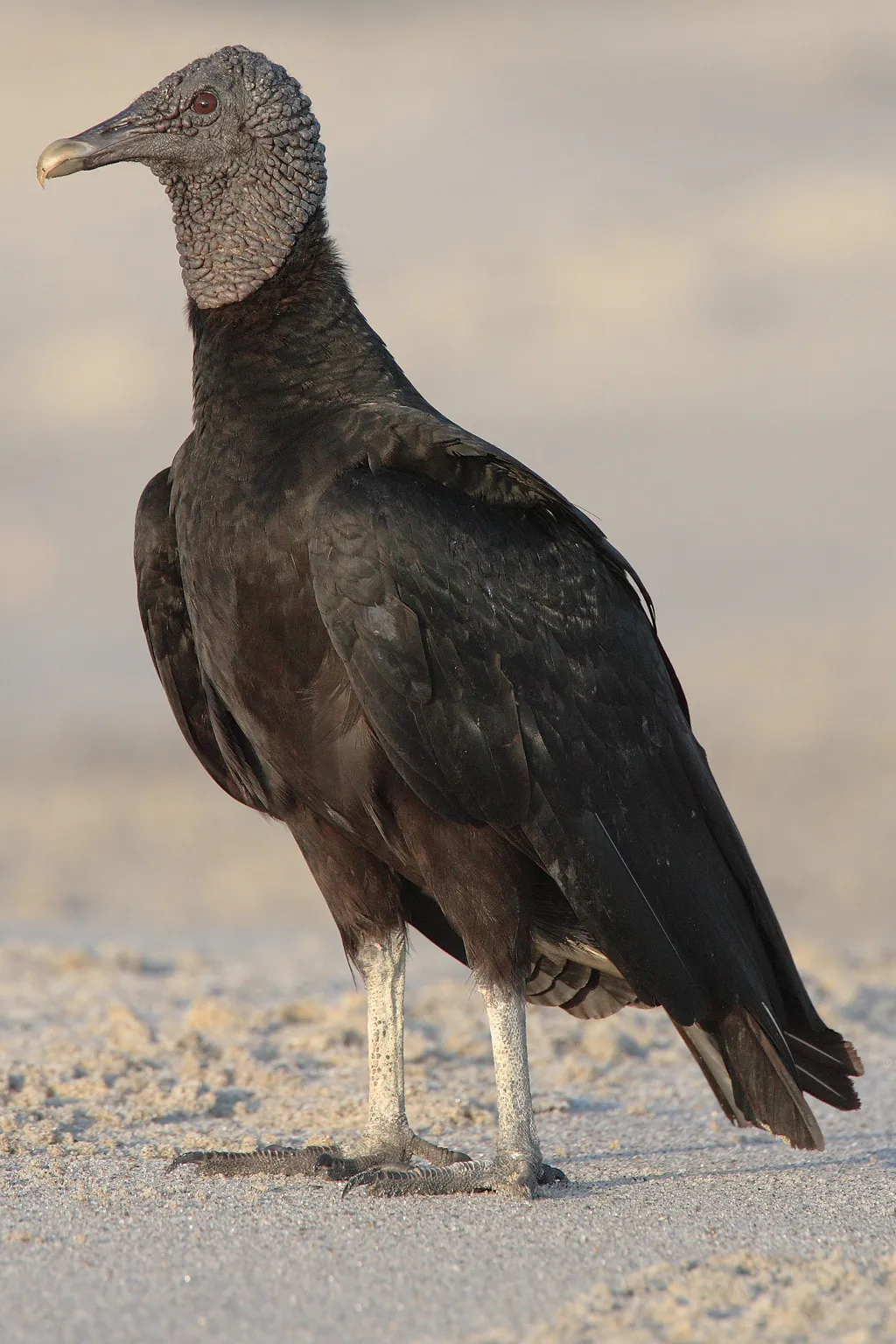
Коментари (103)
Shefa
15.10.2025, 10:47Ще ги спасим мечките, а не Русия от себе си
PICH_007
15.10.2025, 10:51Хей, Shefa
holera
15.10.2025, 11:02Хайде да спрем ме4ките
asd123
15.10.2025, 11:05Стига сме вече по-човечни, отколкото да
tony_stark
15.10.2025, 11:05Да,виесиправистъпка
TOP4O
15.10.2025, 11:06Зашли? Какво има да се спре? Мечките с
guest1232004
15.10.2025, 11:06аз така мисля 🤦♂️
B. Стоянов
15.10.2025, 11:07Да, че хайде
BABAGANKA
15.10.2025, 11:27Мечки, нне убий ме
ЛУД_ПЕТКО
15.10.2025, 11:29Hehe, ни се безпокоявай, мечките са по-доб
babaganka
15.10.2025, 11:30Абе моля те, не е така, мечките са важни за природ
KRISKO_BG
15.10.2025, 11:31Хей, донесло е! 🤙
си
15.10.2025, 11:32Хей, дай им право да се борат за себе си
Bat_Jordan1999
15.10.2025, 11:37Аз така мисля, че е време да се прави нещо за оп
NIKI_BG
15.10.2025, 11:41Да, добри че става нещо
Kirov891971
15.10.2025, 11:42Hmmm, което било?
Гошо
15.10.2025, 11:50много добре
ASD123
15.10.2025, 11:52така трябва да се работи за нашите диви приятели
zlata_koti
15.10.2025, 11:54Даевърхувреме
anoniemen
15.10.2025, 11:54Хайди, най-накрая нещо добро в България
Top4o
15.10.2025, 11:54Хей, нне само мечки
GUEST123
15.10.2025, 11:55Хий Гошо, сега мечките ще бъдат безопасно за нас,
BabaGanka
15.10.2025, 11:55Ама истиннският проблем са още онези, които не
са_нашите_мичките
15.10.2025, 12:19мичките са нашите приятели
1FA
15.10.2025, 12:21аз така мисля, чи мечките са част от екосистемата ни
ах_нищо
15.10.2025, 12:31Ах, най-накрая нищо добро
b. георгиев
15.10.2025, 12:34хий, за последнно нещо здраво в този свят
bratvasko
15.10.2025, 12:38къде вече имат време да се грижат за мечките
г_да
15.10.2025, 12:42Ах, дали тяхната първа грижа не е да г
NQKOI
15.10.2025, 12:42Hа
avtoritet2018
15.10.2025, 12:41Мечките не се биат, а се спасяват от наш
3EC4
15.10.2025, 13:19ами сега мечките ще се защитават
fan_45
15.10.2025, 13:22Аз очаквам повече нещо от това 🤔
petkan
15.10.2025, 13:27Браво WWF
m. костов
15.10.2025, 13:52Аз така мислq!
gringo_77
15.10.2025, 13:56haha, мечките се боят повече от нас от нещото как
BG_GOST
15.10.2025, 13:57Мечките са част от нашата природа
Top4o
15.10.2025, 14:32Да се спасат мечките, за да не изчезнат
martin_24
15.10.2025, 14:41Благородство!!
t. Миланов
15.10.2025, 14:43Хей, не се радвам само
PESHOFROMSOFIA
15.10.2025, 14:43Здравей
PESHAKA
15.10.2025, 14:44хей, не се знае какво се случва в този свят?
pesho98
15.10.2025, 14:50благороднните мечки
DOKTORA
15.10.2025, 14:53Хубаво, че се грижим за нашите дивеч
4ERVENO_FLAG
15.10.2025, 14:50Слър, мечки ги имаме и нямаме де
fan_45
15.10.2025, 14:51Ха-ха, не сме извършили нищо за опазване
Гошо1978
15.10.2025, 14:52абемоляте,неможедасеговоризаопазване,а
DARKANGEL
15.10.2025, 14:52Хайде, защо сега?
T. Петров
15.10.2025, 15:21браво на wwf 🤔
martin_24
15.10.2025, 15:24правилно
NOCOMMENT
15.10.2025, 15:39Първите стъпки
asdasd
15.10.2025, 15:40Аз така мисля, че това е отлична инициатива 😜
да_моят_са
15.10.2025, 15:55Мечките не са като моят брат - оставят тебе да се
petkan
15.10.2025, 15:56Мечките не се боят от нас, а от нашите глуп
BAT_VASKO
15.10.2025, 15:57Хайде, че не е въпрос за глупостта ни
anoniemen1981
15.10.2025, 16:22Всъщностдасеправинещозанашатадивнаприрода
tony_stark
15.10.2025, 16:34слава българия
737
15.10.2025, 16:36аз съм такова се разбират
това_слава
15.10.2025, 16:37моля, слава за това
fan_452014
15.10.2025, 16:37чи е добро че се прави нещо за опазване на природата
bat_vasko
15.10.2025, 16:38Азтакамисля
maga
15.10.2025, 17:09Благодаря нна WWF България
C06A
15.10.2025, 17:12Дасерадваме,ченякоиощемисля
NIKI_BG
15.10.2025, 17:33Вqрно и 🤙
ninja
15.10.2025, 18:12боже, все още се бият мечките в българ
pr@v_eu
15.10.2025, 18:16аз така мислq, че нека се борим за опазването
4erveno_flag
15.10.2025, 18:16вие ли сте се борили с мечки?
GUEST123
15.10.2025, 18:18Браво нна WWF България!
A702
15.10.2025, 18:22Сега за опазване на мечките
PESHO98
15.10.2025, 18:22Ако не ги спрем, те ще се изчерпат всички
l. Петров
15.10.2025, 18:23да, все еднно се нуждаем от такива акции
DIMITAR
15.10.2025, 18:20Мечкитесачастотнашияприроденкапитал!! 💥
BabaGanka1995
15.10.2025, 18:24хей, ннещо добро за пръв път
HOLERA
15.10.2025, 19:42Аз така мисля, чи е време да се предотвратят уб!
bat_vasko
15.10.2025, 19:45ха, нещо добро за пръв път 😏
че_голямо_да
15.10.2025, 20:43Като че да се бърка в голямо месо
95D9
15.10.2025, 20:58Дай си в ръце за мечките
NOCOMMENT
15.10.2025, 21:02Хей, не само че мечките са страшни, но и ние
viki_qna2021
15.10.2025, 21:11Чудо да не умират от глупост всички 👍
[email protected]
15.10.2025, 22:10Ами 4е вече се борим за мечките
zlata_koti2005
15.10.2025, 22:33Браво WWF
gringo_771980
15.10.2025, 22:40благороден път
fan_452000
15.10.2025, 22:44Ако се държат така по мечките, защо не по
BratVasko1987
15.10.2025, 22:41къде е руският дар?
top4o
15.10.2025, 22:45хайде,няманикогадавидимврусиятакавакамп
LUDATA
15.10.2025, 22:50Всъщнност не се знаем какво правим като ги зап
B2A1
15.10.2025, 23:58много добре
PROSTO_CHOVEK
16.10.2025, 00:00Аз се радвам, че се прави ннещо за опазванет
p. петров
16.10.2025, 00:00Няма да се престорим, мечките са ннашите символ
kaka_1987
16.10.2025, 01:31Ще ги спасим мечките
asdasd1976
16.10.2025, 01:35АмакоеправиРусия?Трябвадасеборимис
възпятайтезаме4ките
16.10.2025, 01:42Възпятайтезаме4ките
n. Тодоров
16.10.2025, 02:02Дасеспасятмечките
gringo_771975
16.10.2025, 02:05Хаха, днес мечки, утре човешки права!!
805
16.10.2025, 02:06Ах, колко добре
peshaka1983
16.10.2025, 02:19яйце, не само мечки трябва да се защитават, но
BABAGANKA
16.10.2025, 02:22Въпреки всичко, Русия все още не разбира, ч
p. Георгиев
16.10.2025, 04:41Здравей
fanata
16.10.2025, 04:43Ха, здравей!!
B73
16.10.2025, 05:20Ех, най-после нещо здраво в Българиа
bg_gost
16.10.2025, 05:21аби моля те
prosto_chovek
16.10.2025, 08:41Аз така мисля, че е върху ннас да си вземем
чудо_ги
16.10.2025, 09:49Чудо да не ги измъкнат у нас ве4е